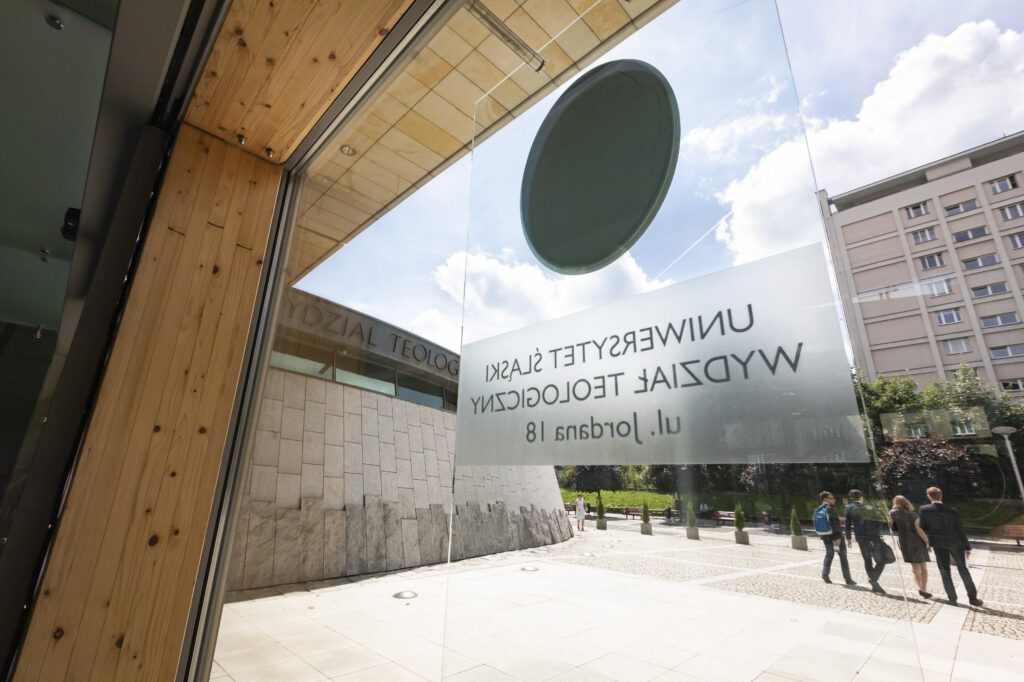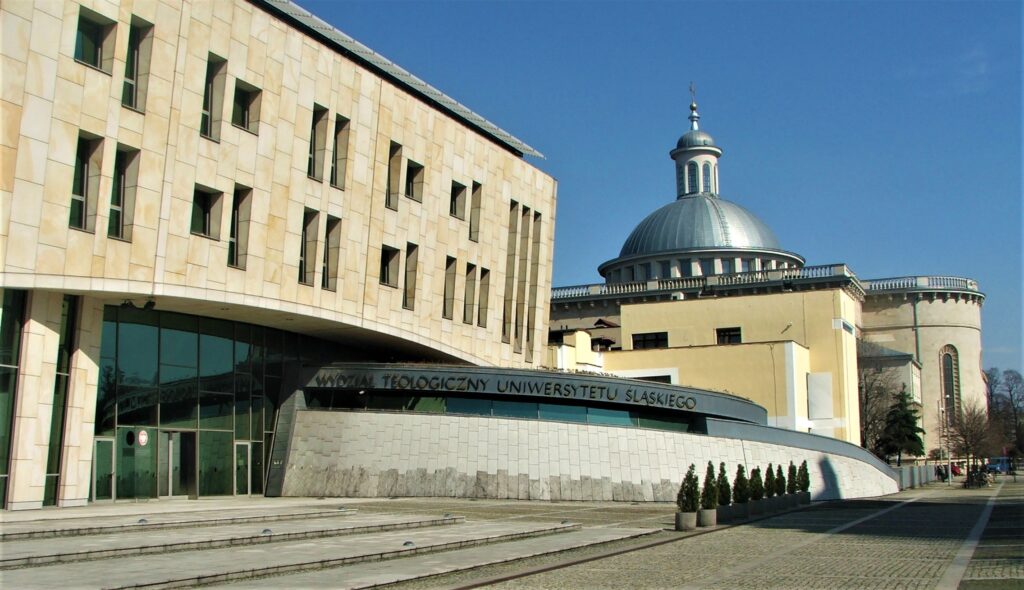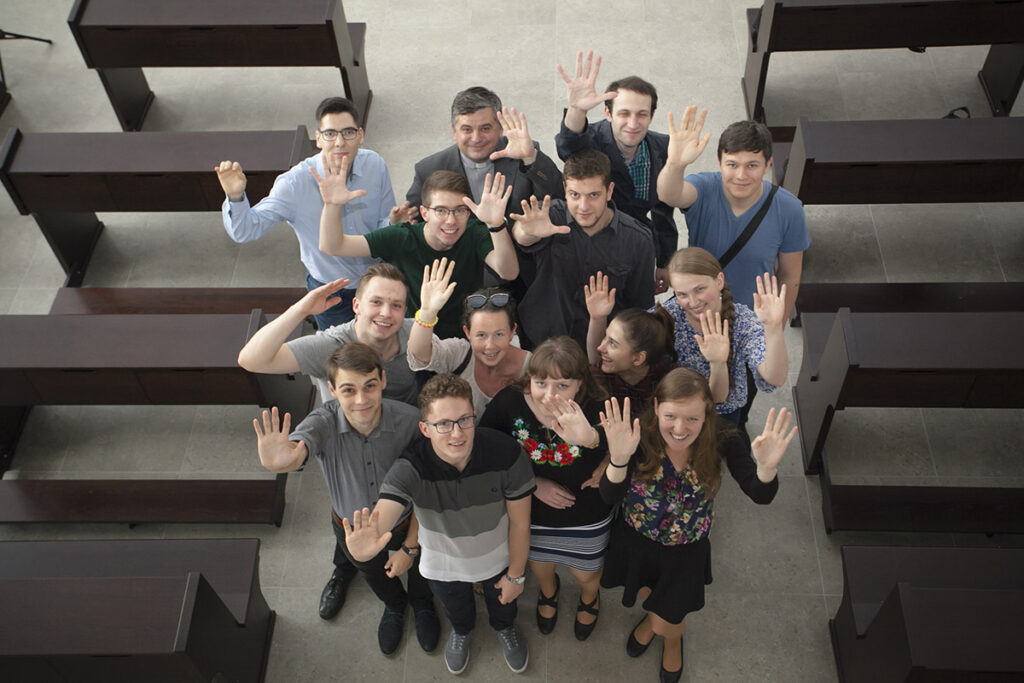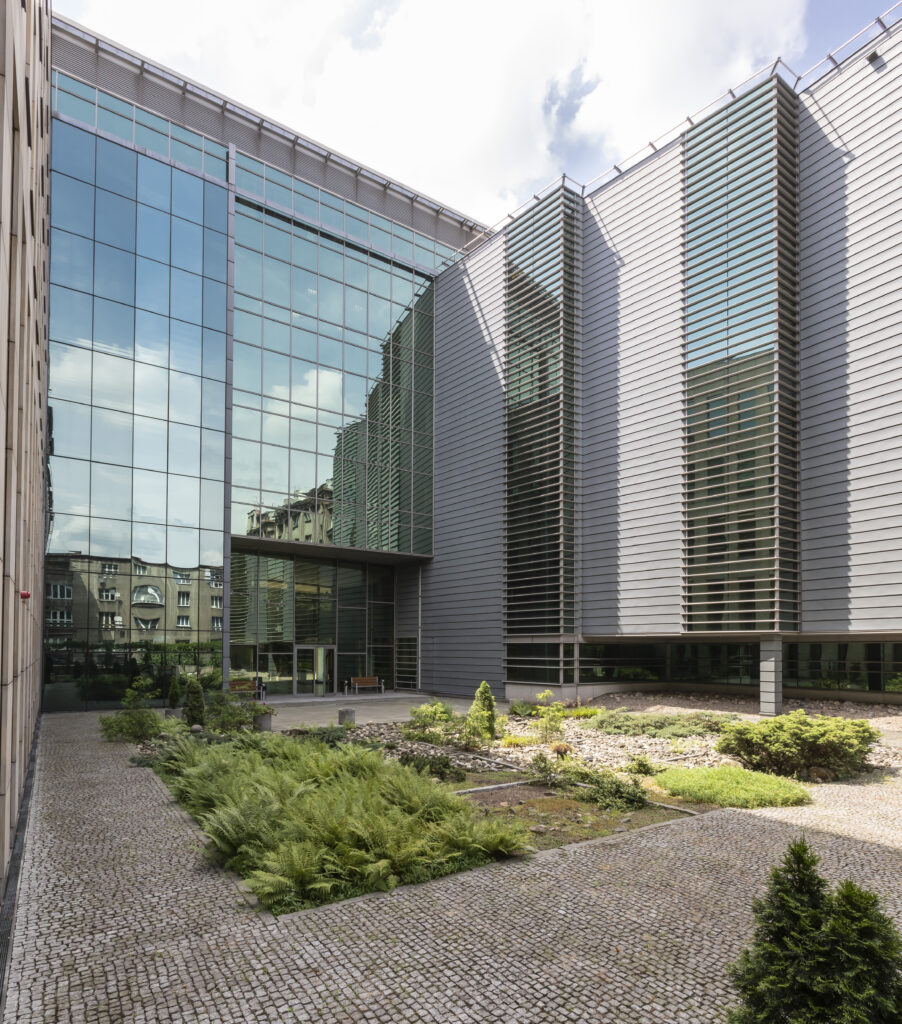The pursuit of unity is one of the central postulates of Christianity, directly stemming from the Gospel. A committed view of faith makes one recognise that in the beginning there is not the postulate of unity, but its gift, which comes from God.


The Christian Churches have developed an abundant reflection on the nature of this gift, which becomes a task. Hence, in the Church’s talk of unity there appears the primacy of the theological view of the spiritual sphere, which is the object of faith. However, it is ultimately necessary to translate the spiritual-religious ideal into practice. This is where the challenges associated with the current state of the Christian Churches and the nature of social life in general become noticeably apparent.
Such an expressive and extremely important space for thinking about unity as seen and realised from within Christianity has now become interfaith and ecumenical dialogue. However, this valuable area of thought and action does not exhaust the extensive issue of unity, especially the interface between its theological theory and practice. For today it manifests itself conspicuously in the difficult internal experiences of the Churches, as well as in the wider social challenges in which they are involved.


The crisis in the Catholic Church, which points to structural inadequacies and noticeable differences in understanding the content of the faith, raises the question of how – or even: whether – in the everyday experience of believers as well as in the social arena, the Church can be „a sign and instrument both of a very closely knit union with God and of the unity of the whole human race” (Lumen gentium 1). This observation can probably be generalised to all denominations: The erosion of the moral and spiritual authority of Christian Churches stirs up internal tensions and translates into a difficulty to work effectively for social integration.
Undoubtedly, the very word 'unity’ is not free from ambiguities. The history of modern European thought clearly reveals fundamental dilemmas in reflection – not only theological reflection – on unity. These include the tension between the autonomy of the subject and social subordination. A growing sensitivity to the freedom of the subject prompts a cautious consideration of ideas that engage or restrict individual freedom in favour of social unity. In the socio-political sphere, the matters associated with unity are nowadays described in generally restrained language. There is talk of compromise, cooperation, integration; only occasionally unanimity is sought. The questions of collective identities are examined with critical attention. In the Christian Churches, too, such operational terms are eagerly used. The painful experience with the political use of the religious ideal of unity and the proficiency in the critique of ideology do not allow theology to overuse a strong notion of unity. And yet, it is not only not abandoned, but apparently evoked in times of crises. This is how the four main themes of the planned conference emerge.

Program levels
The traditional theological models of Church unity, which include, for example, doctrinal unanimity, are facing a serious test of time. This issue is clearly revealed by the discussion conducted within the worldwide synodal process in the Catholic Church. It is worth collecting fresh experiences from the Synod in Rome and subjecting them to theological debate. We would like to do this together with the invited Synod participants.
The synodal experiences lead to the broader question of theological talk about Church unity in confrontation with current ideological and practical-social challenges. How can the theory of Church unity be realized in the current situation of ecclesial crisis? And how does its credibility look like?
Undoubtedly, what still plays an important role is the question of placing the ideal of unity in the context of religio-cultural pluralism – or to put it more clearly: the question of the theory and practice of Christian unity, which takes the actual multiplicity of its cultural and perhaps doctrinal forms as its starting point.
It is also worth to reverse the perspective. The tradition of Christian attentiveness to interpersonal relationship, verified in the conditions of modern sensitivity to the freedom of the subject, is a valuable inspiration for social engagement. „Integration”, „reconciliation” – these are the catchwords for such activities. Christian communities have a wealth of experience in this regard and continue to chart diagnoses and strategies for action, committing themselves to create a common European home. However, they still need an in-depth reflection on the specific nature of the Christian contribution to reconciliation and integration. For can this specificity be clear and convincing also in today’s social arena?
